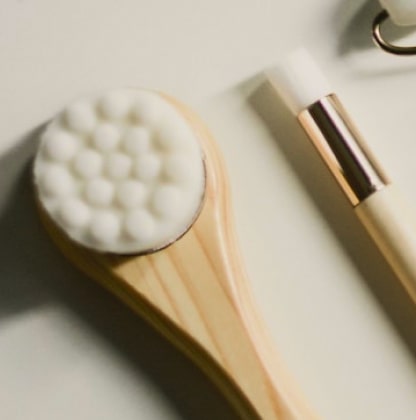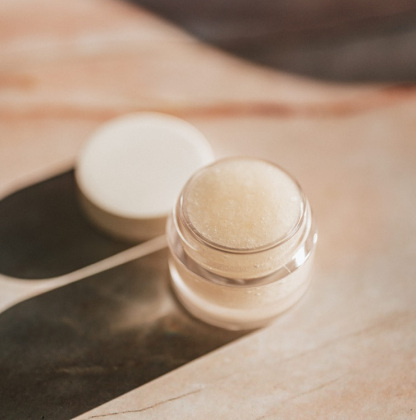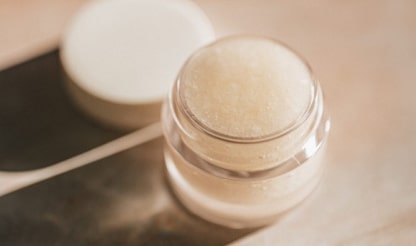
Tips for Healthy Winter Skin

Taking care of your skin is a year-round commitment, and as the seasons change, so too should your skincare routine. Different climates and weather conditions can have a significant impact on your skin, and adjusting your routine accordingly can help to keep your skin looking healthy and radiant.
Here are some skincare tips for different seasons and climates:
- Summer
In the summertime, the heat and humidity can cause your skin to produce excess oil, leading to breakouts and clogged pores. To combat this, switch to a lightweight, oil-free moisturizer and use a gentle exfoliator to remove dead skin cells and unclog pores. Be sure to use a broad-spectrum sunscreen with at least SPF 30 to protect your skin from harmful UV rays.
- Fall
As the weather starts to cool down, your skin may become drier and more sensitive. To prevent dryness, switch to a richer, more hydrating moisturizer and consider using a humidifier in your home. You may also want to incorporate a facial oil or serum into your routine to provide extra hydration and nourishment.
- Winter
In the wintertime, cold temperatures and low humidity can cause your skin to become dry, itchy, and irritated. To combat this, switch to a heavier, more emollient moisturizer and use a gentle cleanser to avoid stripping your skin of its natural oils. You may also want to incorporate a hydrating mask into your routine once or twice a week to provide extra nourishment and moisture.
- Spring
As the weather starts to warm up again, your skin may become more oily and prone to breakouts. To prevent this, switch to a lightweight, oil-free moisturizer and use a gentle, non-comedogenic sunscreen to protect your skin from the sun’s rays. You may also want to incorporate a toner into your routine to help balance your skin’s pH levels and prevent breakouts.


Beauty is not just about how you look on the outside, it's about how you feel on the inside.
Here are some skincare tips for different seasons and climates:
If you’re looking for a way to boost your skin’s radiance and improve its overall health, then look no further than vitamin C. This powerful antioxidant is a skincare superhero, offering a range of benefits for all skin types and concerns. First and foremost, vitamin C is essential for collagen production. Collagen is a protein that gives your skin its structure, and as we age, our collagen production decreases, leading to wrinkles and sagging skin. Vitamin C helps to boost collagen production, helping to keep your skin looking firm and youthful.
Vitamin C also helps to protect your skin from the damaging effects of free radicals. Free radicals are unstable molecules that can damage your skin’s DNA and lead to premature aging. Vitamin C neutralizes free radicals, helping to prevent the signs of aging and keeping your skin looking healthy and vibrant.
Another benefit of vitamin C is its ability to brighten your skin. Vitamin C inhibits the production of melanin, the pigment that gives your skin its color. By reducing the production of melanin, vitamin C can help to fade dark spots and hyperpigmentation, leaving your skin looking brighter and more even-toned.
| Availability | % | % | Price |
|---|---|---|---|
| Live-in | 18% | 45% | $16.75 |
| Live-out | 86% | 41% | $19.14 |
| Long term | 81% | 24% | $22.00 |
| Part time | 21% | 35% | $17.80 |
| Short time | 45% | 71% | $16.25 |

Whether you're looking to fade dark spots, prevent wrinkles, or just brighten up your complexion, vitamin C is a skincare must-have.
When it comes to incorporating vitamin C into your skincare routine, there are a variety of options available. Vitamin C serums are a popular choice, as they are lightweight and absorb quickly into the skin. You can also find vitamin C in moisturizers, toners, and even cleansers. However, it’s important to note that not all vitamin C products are created equal. Look for products that contain stable, potent forms of vitamin C, such as L-ascorbic acid or ascorbyl tetraisopalmitate. And be sure to follow the instructions carefully, as some vitamin C products can be irritating if used incorrectly.
Suggested articles



 May 4, 2023
May 4, 2023  3 minutes read
3 minutes read 


